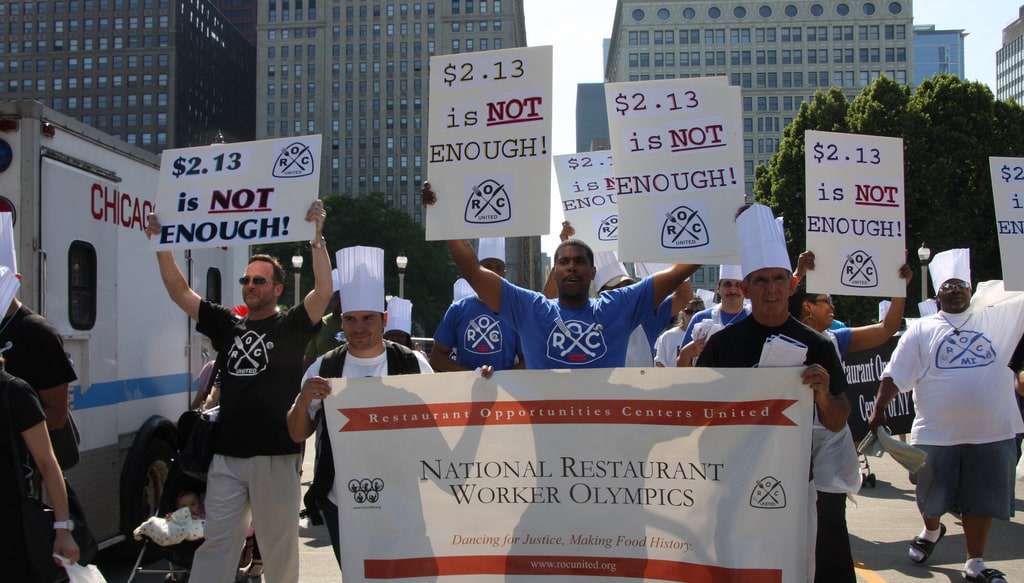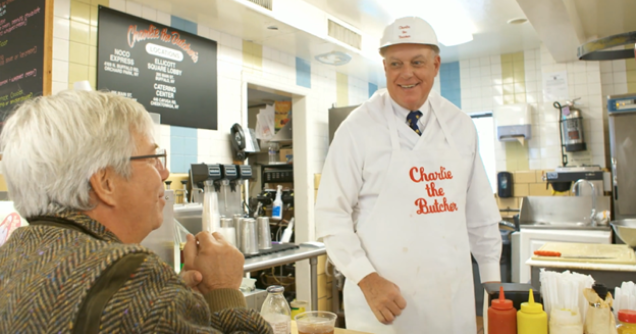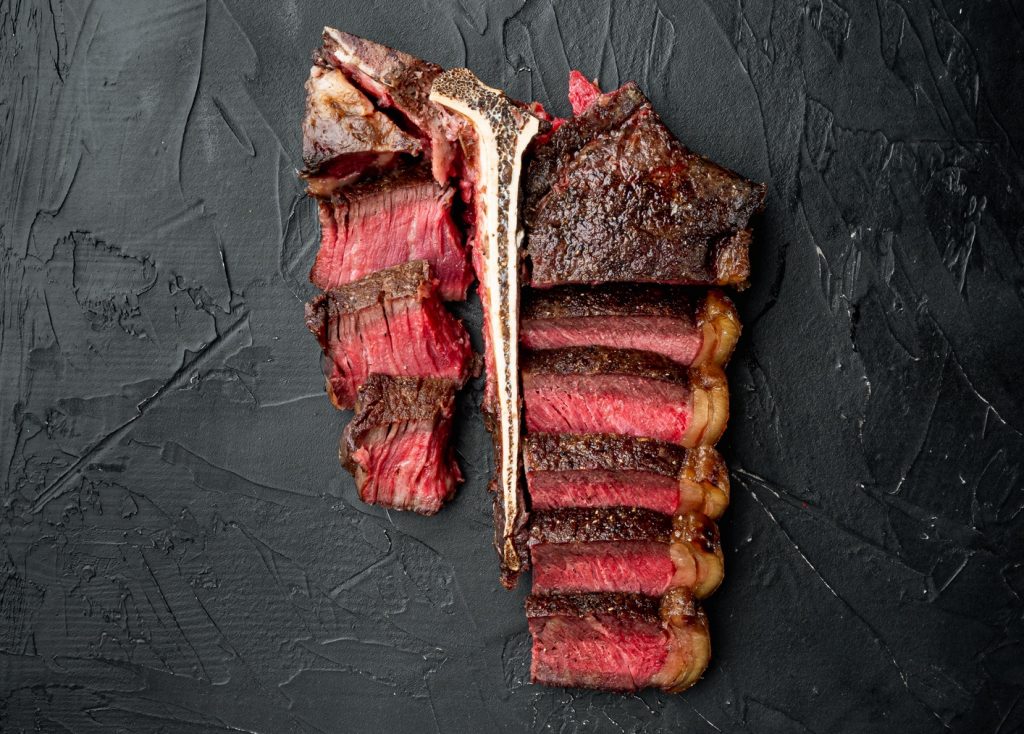
Tips are not wages. That’s definitely not what customers think. Even the most ardent enthusiast of tipping wouldn’t advocate that they, and they alone, be in charge of their server’s livelihood. But with a tipped minimum wage being as low as $2.13 an hour — the federal tipped minimum wage since 1991 — and lower than the regular minimum wage in 43 states, servers, who are mostly women, are forced to depend on the generosity of customers for their take-home pay. This amounts to one of the fastest-growing and largest economic sectors in the country successfully saying, “We shouldn’t pay our own workers’ wages — customers should.”
And even though it’s legally required for employers to “top off” a tipped worker’s pay when tips fall short of the regular minimum wage, this happens so rarely that it’s been called an epidemic of “wage theft.” The Economic Policy Institute reports that a recent Department of Labor compliance sweep uncovered wage and hour violations in 84 percent of the nearly 9,000 restaurants investigated, including almost 1,200 tip credit infractions that cost tipped workers millions. It’s time that the restaurant industry be held accountable to directly paying a fair wage to employees, regardless of their occupation.
Although there’s a very small percentage of servers make great money despite the deeply dysfunctional two-tiered wage system, the overwhelming majority of people putting food on the table for millions of restaurant-goers every year are struggling to food on their own tables.
Tipped workers are about twice as likely to live in poverty as other workers and routinely endure sexual harassment with staggering regularity. Most servers are women like Tiffany Kirk from Houston, a single mother who has missed every single holiday with her daughter, Piper, because she can’t afford to not work. Or Victoria Bruton: She was earning $2.13 and living off tips in Chicago. One year, she had to cancel Christmas for her daughters because she didn’t make enough to afford presents and pay that month’s bills.
Twenty years later, both her grown daughters have jobs in the service industry making the same base wage she did more than two decades ago. Karlyn Dozier, from New Orleans, routinely got passed over for promotions at Red Lobster despite outranking others in seniority. She eventually had to move back in with her mom so she can take care of herself and her son. There are millions more stories like these from women across the country. They’ll tell you they routinely get $0 paychecks, have more than one job, spend more in gas money than they make in a day, and are no strangers to standing in line at churches to get food for their families.
Fortunately, customers and employers are joining restaurant workers in supporting a solution to the two-tiered wage system. A national poll shows that 71% of Americans — across party-lines — support eliminating the two-tiered wage system and establishing one, fair minimum wage. And as the New York Times noted last week, a growing amount of employers are forgoing the lower wage for tipped workers with many citing research on its connection to sexual harassment and racial discrimination as motivating factors.
Patricia Cohen of the New York Times writes, “Restaurateurs tick off a long list of reasons for being drawn to the idea. In some cities like New York, where tipping is subject to a confusing welter of federal, state and local regulations and tax laws, eliminating it would simplify bookkeeping. Managers say it would also allow them to better calibrate wages to reward employees based on the length of their service and the complexity of their jobs.” With Seattle posting the highest job gains in the state’s history with a $15 minimum wage (a state without a separate, lower wage for tipped workers), it’s easy to see why employers are seriously reviewing the economic benefits of paying tipped workers differently. Many of them are turning to a different kind of restaurant association — RAISE, Restaurants Advancing Industry Standards in Employment — to seek support in their commitment to do right by their employees.
In considering the future of the restaurant industry, which has consistently been home to 7 of the ten lowest paying jobs in the country, it’s vital that employers push themselves to see beyond what’s always been done and instead consider what should be done. Millions of working families deserve better.
Saru Jarayaman is the co-founder and co-director of Restaurant Opportunities Centers United (ROC United)
Read more on the minimum wage debate
UK waiters protest over tipping policies




